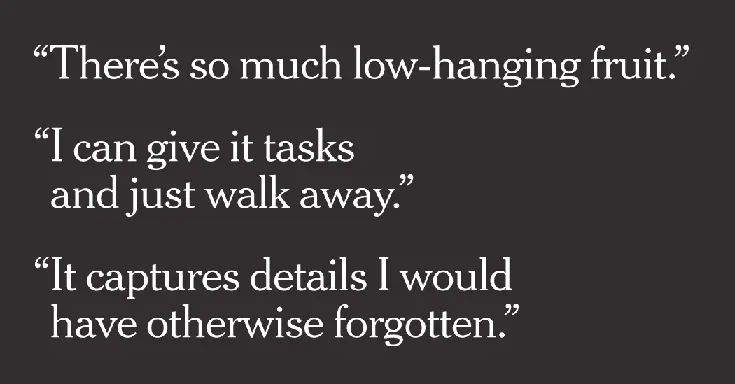T4K3.news
Work happiness could unlock Britain's productivity gains
A new focus on happiness at work argues it can boost productivity, but it raises political and budget questions that policymakers will watch closely.

A look at Mark Price’s push for happiness at work as a driver of productivity and the political and budget questions it raises.
Work happiness could unlock Britain's productivity gains
Former Waitrose boss Mark Price argues that happier workers are more productive, stay longer, and perform better. He points to a 1.5 million person-wide How Happy Are You at Work? survey run by his WorkL organization, with about half of respondents based in the UK, to support this claim. Price also promotes a work happiness charter and a forthcoming book that outlines how employers can embed well being and purpose into daily work.
He notes that hybrid work arrangements tend to increase happiness, and that flexible patterns do not clearly hurt or help productivity in his data. The focus, he says, should be on how workers feel about their jobs, not just how much they are paid. He also highlights sector differences, with technology generally reporting higher happiness and defence lower, and cites Waitrose’s own pay and bonus history as a reminder that happiness is not only about money.
Key Takeaways
"If people are happy in their jobs they don’t leave, you retain knowledge"
Price on retention and organizational knowledge
"Work is a noble thing. You’re helping yourself, your family, your society"
Price framing of work’s social value
"People want to feel valued for the job they do"
Core finding from WorkL data on employee motivation
The piece reframes productivity as a humane objective, not a fiscal byproduct. If employers invest in culture, training, and flexible options, they may improve retention, morale, and performance. Yet the approach raises questions about feasibility and fairness across sectors where safety or shift work makes flexibility harder. Policymakers Face the challenge of translating a happiness ethos into concrete rights without inflating costs or creating new expectations that businesses cannot meet. The conversation also risks political backlash if critics see it as shifting responsibility from the state to employers or consumers of public services. Still, the underlying idea—treating workers with dignity and clarity about expectations—could shift how firms compete for talent and how governments frame welfare and work incentives.
Highlights
- Happiness at work is a productivity decision
- People want to feel valued not just paid
- Flexibility boosts mood and output
- Work is a noble thing and it should feel right
Policy and budget sensitivity around workplace happiness
The idea sits at the intersection of labor policy, welfare costs, and corporate practice. If taken as a mandate, it could trigger political and budget scrutiny and potential public pushback over who pays and who bears responsibility.
The debate on work happiness will test whether culture or policy drives the next phase of growth.
Enjoyed this? Let your friends know!
Related News

AI tools expand in workplaces

Newry firms secure £2m investment to boost exports

Wednesday Season 2 Part 1 expands Addams universe

Celebrities push age-defying looks

UK economy grows in Q2

Albania's Has faces upheaval from male migration

Peter Sellers celebrated on his 100th birthday

American Giants Face the Great Shrinking
